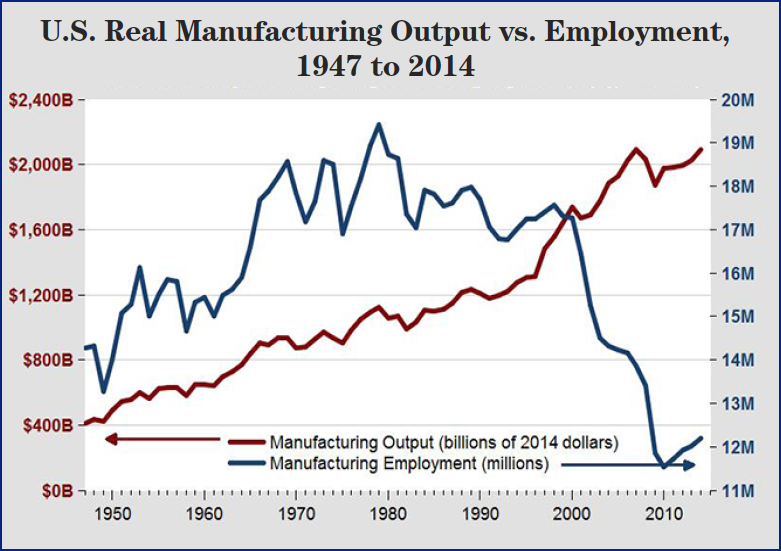Through election after election, HealthWonkReview has been your go-to source for the real impact on healthcare, health policy, access, coverage, and the rest of the story about the industry that accounts for one-sixth of our nation’s economy.
In preparing this edition, I was struck by how much better these blog posts were than pretty much any articles in the mass media (with a couple notable exceptions.).
The depth, understanding of core issues, knowledge of how various parts of ACA interact, and ability of the authors to explain all this in words everyone can understand is impressive indeed.
Louise Norris, Roy Poses, Andrew Sprung, David Harlow, David Williams – these are the folks you need to be following.
Repeal…
Andrew Sprung’s contribution is a welcome list of 7 ways the GOP could blow up ACA gains. Or maybe not.
Andrew describes various paths to repeal and replace, dissects the problems, perils and promise of each, and handicaps the odds. It’s a very, very insightful read.
Tick, tock…Louise Norris just keeps getting better and better; as a small-business insurance broker she is on the front lines AND understands the core issues affecting ACA and health policy. Her entry this month discusses the Republicans’ plan to have legislation ready tomorrow – yes, January 27 – to begin the repeal process.
A bit of background on the trump Executive Order that required the January 27 legislation comes from the estimable David Harlow. A quick read, and a valuable one.
Friend and colleague Bob Laszewski’s wondering if the trump administration is prepping for it’s own “if you like your insurance you can keep it” fiasco. In a great companion piece to the Norris and Harlow reportage, Bob asks a question the current administration likely didn’t:
if you take this new executive order to its logical conclusion, doing things like killing or easing the individual mandate or allowing for cheaper medically underwritten plans can’t have any effect other than making an already fragile Obamacare risk pool worse. Making the pool worse can only lead to fewer consumer choices, or no choices, or higher rates and bigger out-of-pocket expenses for those who remain in the Obamacare risk pool.
My entry this month compares the Republican position on repeal and replace to Wile E Coyote’s headlong charge off the cliff. Beyond repeal and into replace, things could get pretty interesting – as Mr Coyote learns every episode, it’s not the fall that hurts, it’s the reality of the landing.
As I see it there are two main issues:
- Repeal without replacement is a budgetary and political minefield.
- Congressional Republicans aren’t even close to agreeing on what a replacement bill would look like
One of the big changes might be block grants for Medicaid – where the Feds just give each state a chunk of money and the state gets more flexibility in how they spend it. There’s a LOT of detail around this, but at least in Massachusetts, it may not be much of an issue. David Williams posits that MA is in a pretty different place than most states, one where a full-on total repeal of ACA wouldn’t be a big deal. That’s because Mass has been in the forefront of these changes, and things are working pretty well.
Federal changes…
OSHA is going to be a different animal altogether in the new administration; perhaps more akin to a cuddly panda than a persistent bloodhound. Julie Ferguson details how the agency is already shifting to a more “employer-friendly” mode.
Julie’s post also digs into the administration’s claim of a “dramatic expansion of the federal workforce in recent years.” and resulting hiring freeze and consequences thereof; quoting a source that finds there has been no federal workforce expansion and that “employment by the federal government as share of all US employment is relatively low compared to most of the last 70 years.”
That’s a fact, not an “alternative fact”, or what we would call a “lie”.
Peter Thiel is the focus of Roy Poses’ ire this month, and that ire is well-placed. The trump advisor supported one “Jim O’Neill, one of Mr Theil’s business associates, for this position [of head of the FDA], despite Mr O’Neill’s apparent complete lack of experience or training in medicine, health care, public health, or biomedical research, and Mr O’Neill’s obvious conflicts of interest.”
Other news of note
Brad Flansbaum’s penned a piece on healthcare CFO and CEO ratings at The Hospital Leader. Interesting take on how administrators – who currently are not being “rated” – perhaps should be. Brad provides his views on a few evaluation standards; good to see the proverbial shoe being placed on another foot!
And the ever-wonderful Hank Stern informs us that healthcare inflation is not limited to this side of either pond; costs are going up in other countries too – driven there by a demand for private care.



